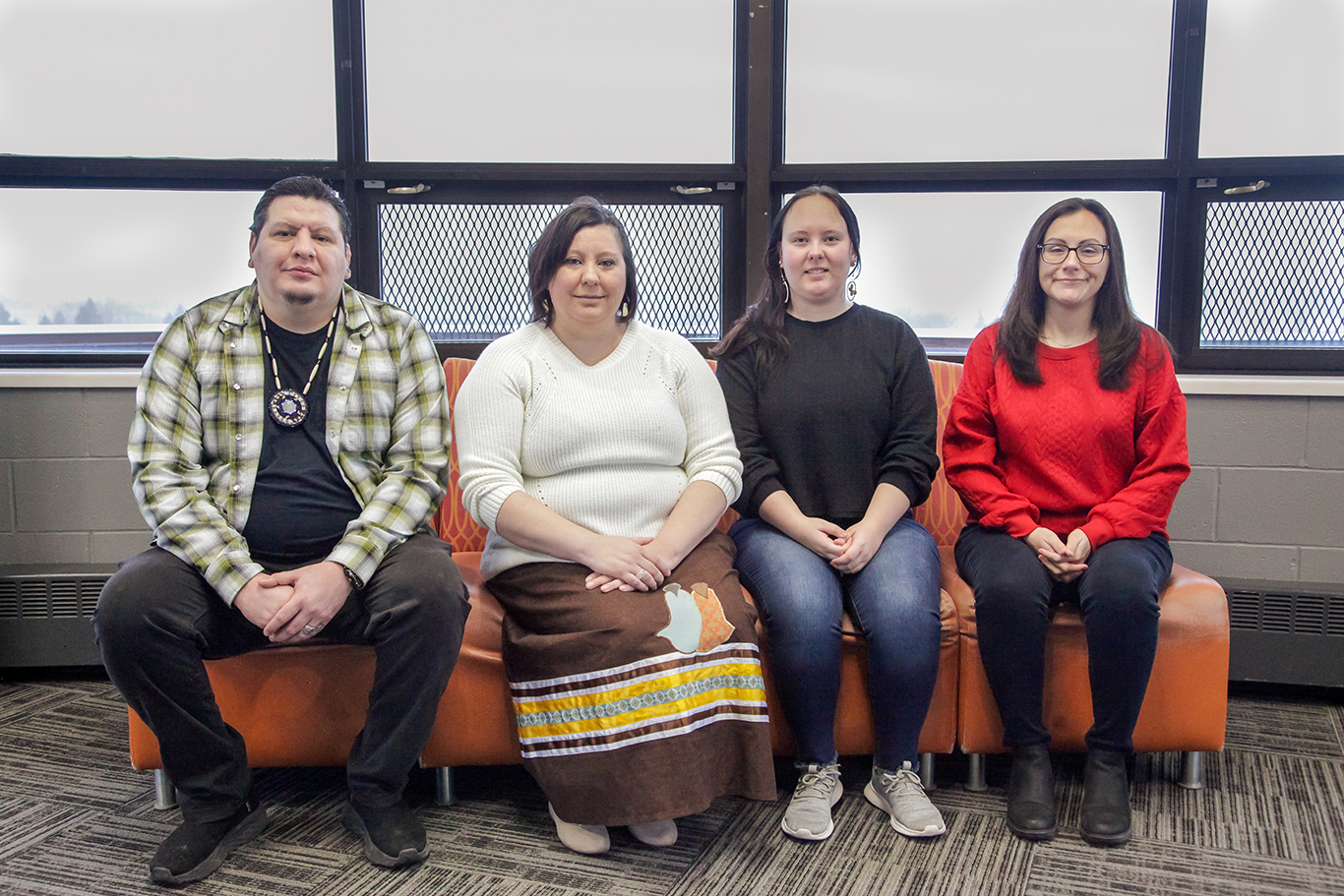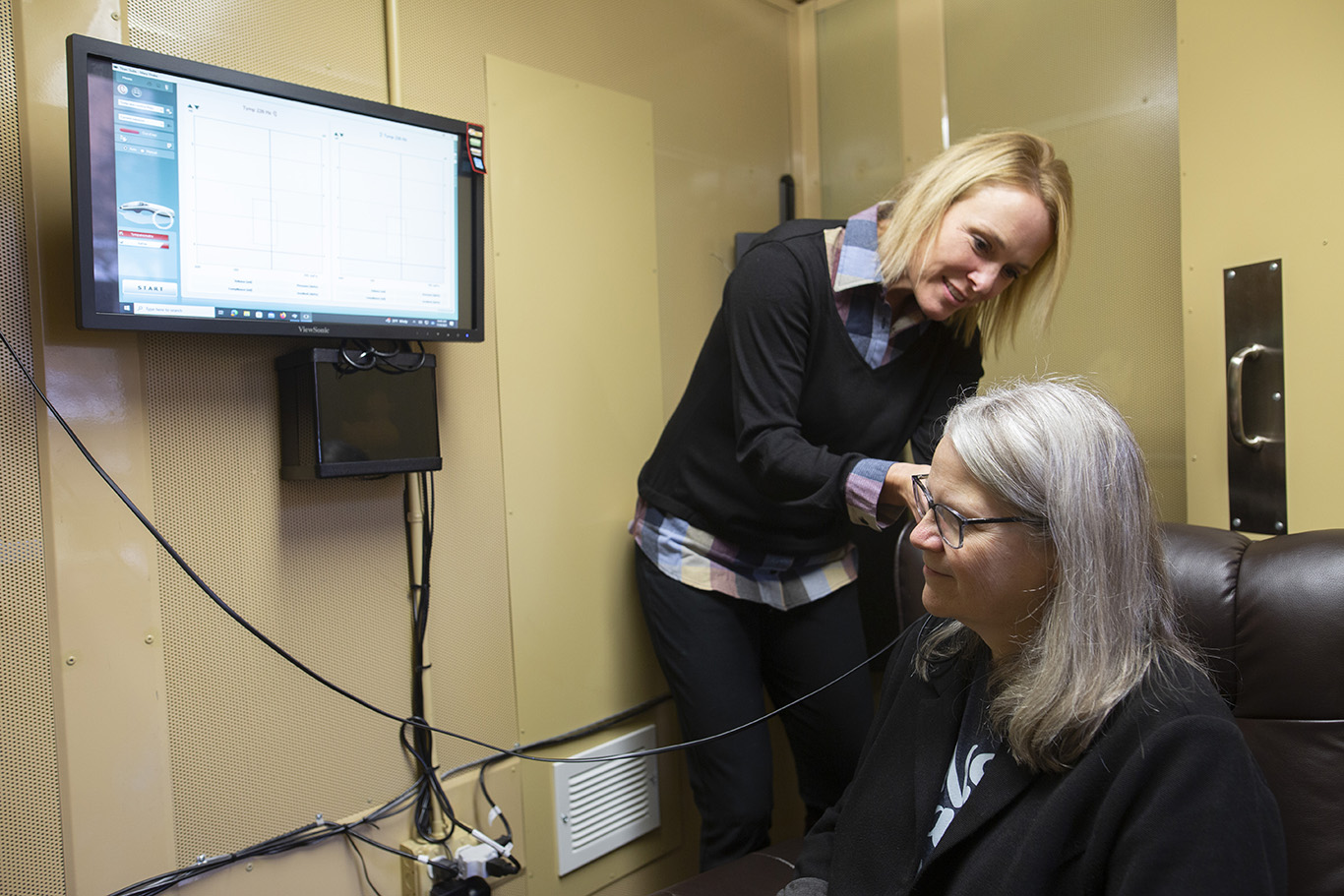The Weight of War
Women share stories of contradictory roles during the Vietnam War
Often remembered about the Vietnam War are the soldiers who didn’t return and the lasting impact it had on those who did. The antiwar movement and media influence on civilian perspectives. Often overlooked are the stories of women involved during this volatile time in the world’s history, including those of three fearless women connected to Minnesota State University Moorhead (MSUM), who functioned in complementary roles during the conflict.
Camilla Wilson, a lifelong history buff and MSUM professor, knows about the lasting impact of war. In 1967, she witnessed the rapidly unfolding events in Southeast Asia firsthand.
“Almost every male I knew at that time was either in Vietnam or on their way,” Wilson said. “I understood the Vietnam War was going to be a major issue for my generation, so I decided I wanted to see it for myself.”
Though finding a way to Vietnam was nearly impossible, Wilson was undeterred. She found an in with an American Red Cross volunteer program.
“A friend of mine says that I defied gravity and went to Vietnam, which is just about close,” Wilson said.
After spending much of 1967 volunteering in Vietnam, Wilson returned home. Again, she felt pulled to the conflict, this time to tell the stories of those on all sides. Around 16 southern U.S. newspapers agreed to purchase Wilson’s stories for $25 a piece. She returned to Vietnam months later as a journalist, where she remained for the next two years.
“I didn’t really have a support system because I was a single journalist,” Wilson said. “I didn’t have an office. I didn’t have a support staff … On the other hand, I was freer to do what I wished, to go where I wanted, to cover what I wanted.”
Like Wilson, Jan Jorgensen ’95 (social work) wanted to act. She enlisted in the Navy after high school graduation.
“I wanted to go to Vietnam and work on the hospital ships. Fortunately, the war ended and I didn’t become a hospital corpsman for a couple of years, so it didn’t work out,” Jorgensen said. “I was disappointed I couldn’t go over there and do something to help the wounded soldiers.”
Instead, Jorgensen held various positions within the Navy, including being one of the first women assigned to a tugboat.
“Even though we were in the United States we still did our jobs and supported the country while [others] were fighting the war in Vietnam,” Jorgensen said.
Although Jorgensen and Wilson strongly desired to serve in the midst of the action overseas, their families strongly opposed.
“[My parents] were disappointed I wasn’t going to be that young daughter who went to college and got married. That was the norm,” Jorgensen said.
“My family was appalled,” Wilson said. “My grandfather became consumed with how to get my body back because he was convinced I was going to get killed … In fact, I did not tell my mother until the weekend before I left because I didn’t want her to try to et in motion anything to thwart me.”
Others supported these families’ protective instincts. Kim Stenehjem ’74 (English education) grew up in a military household; her father a proud, lifelong service member. Yet, it was unsurprising to her father when she became active in the antiwar movement in her late teens.
“A lot of fairly heated conversations took place at the dinner table around the war, but he never tried to force me into being quiet or not taking part,” Stenehjem said. “We didn’t respect each other’s opinions, but we respected each other’s rights to have differing opinions.”
Throughout the conflict, Stenehjem was uncertain about her involvement in the antiwar movement. She was well-educated about what was happening halfway around the world and didn’t identify with the notion protesters were “leftover hippies looking for a new cause.”
When she visited the Vietnam Veterans Memorial years later, she knew she’d been in the right.
“As conflicted as I was about whether our protests were doing any good, if we kept a single name off that wall, then it was worth it,” Stenehjem said.
Looking back on their war involvement, these women understand the lasting influence this conflict had on their lives.
“It profoundly impacted the way we look at ourselves as a generation,” Stenehjem said.
“Like many people who spent combat time in Vietnam, it has affected every element of my life,” Wilson said.
This story was first published in Moorhead Magazine, Fall 2018.
Make Sure Your Story Is Heard
Let us know how your life has been changed by being a Dragon: tell us your MSU Moorhead story today!
Send Us Your Story


